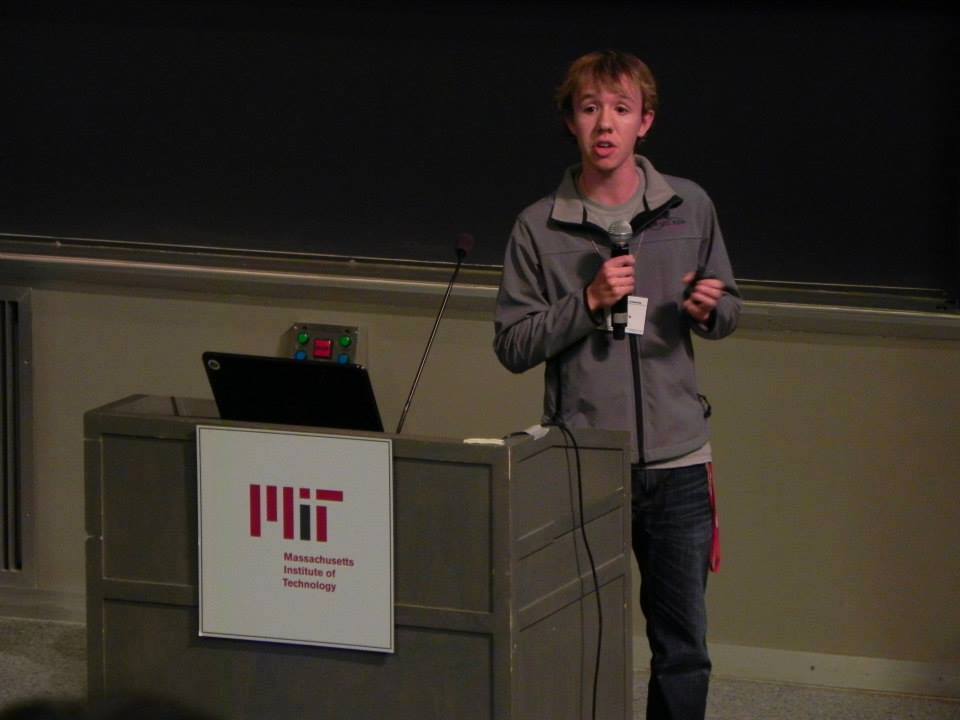Team:Cornell/outreach/education
From 2014.igem.org
Student Education
Cornell Adult University Youth Program
Cornell Adult University (CAU) Youth Program offers young students a taste of what college life is like. Teenagers between 13 and 15 years old are led by counselors through a week of varied camp activities, field trips, and educational sessions. Once every week for three weeks, we taught a science sampler class to a group of 20 students. We discussed the basics of synthetic biology and biotechnology, asked them about their thoughts on genetically modified organisms, and conducted fun science activities. The highlight of this course was teaching them to extract DNA from a strawberry using simple household chemicals. Overall, this outreach program was a fun and educational experience for the teens - having gooey Strawberry DNA to play with was certainly a plus!Splash! at Cornell
Splash! at Cornell is a one-day educational program that offers secondary school students in the 7th-12th grades the chance to take classes in any subject, taught entirely by undergraduate and graduate students. Founded by two of our iGEM team members, this program had its pilot event in Fall 2014 and invited over 75 students to our campus for an innovative educational program in collaboration with the Cornell Public Service Center, the Cornell Institute for Biology Teachers, and the national non-profit Learning Unlimited.iGEM team members taught a course about the principles of synthetic biology, incorporating demos, humor, and an overview about our project this year. Splash! was such a great opportunity for us to shed light on the iGEM experience to young minds as well as potential future participants. Interestingly enough, it should only be fitting that it was through a similar course at MIT Splash! several years ago that the pioneering Cornell iGEM team members first learned about iGEM and synthetic biology. Ultimately, this was a great opportunity and we were overjoyed to have had the opportunity to return the favor and spark interest in the next generation of scientists.
 "
"




